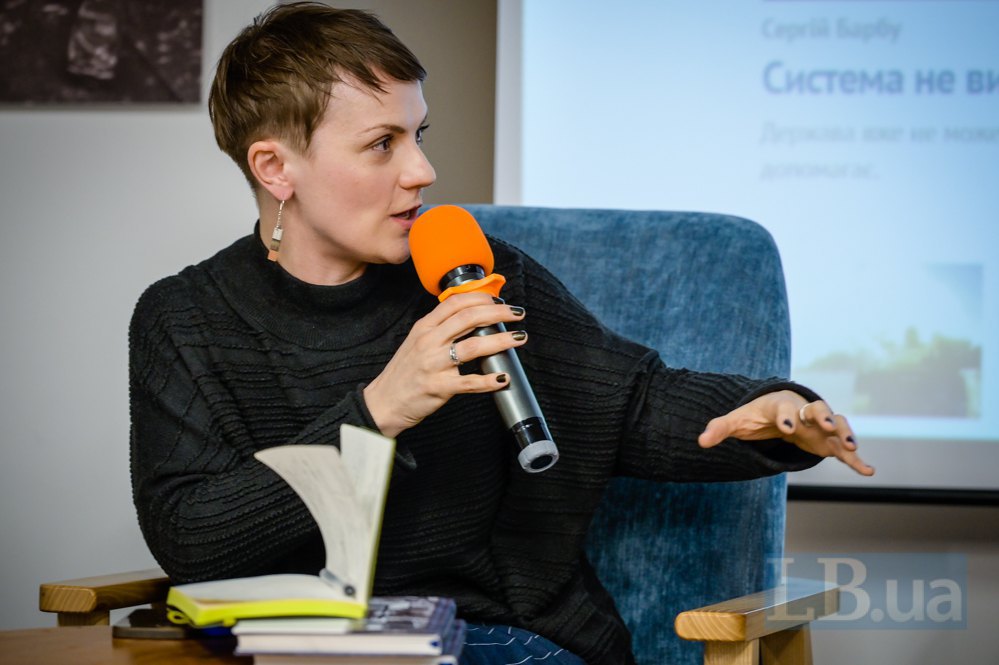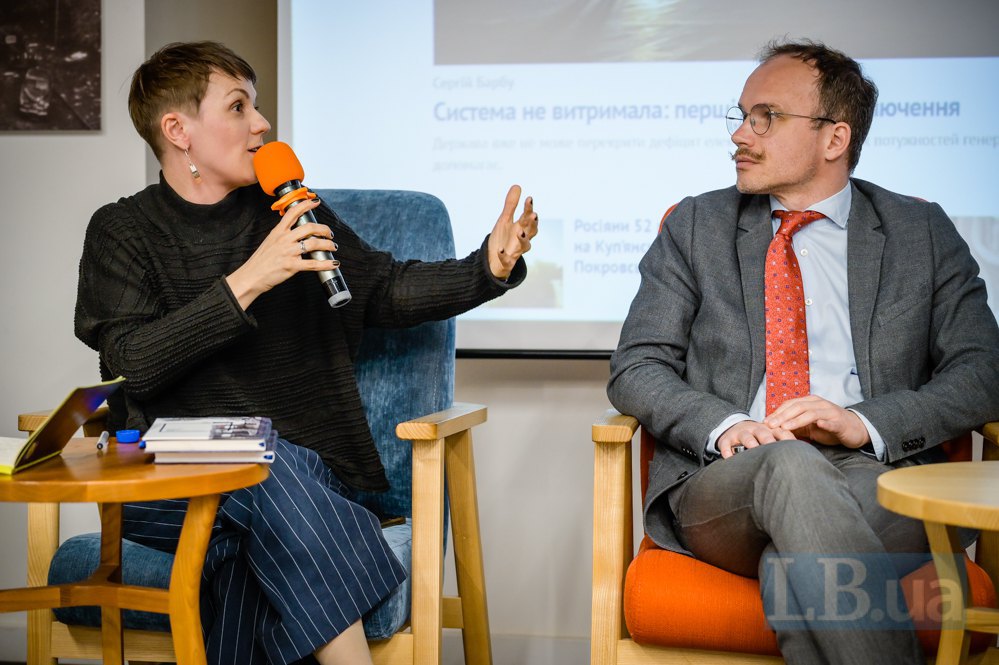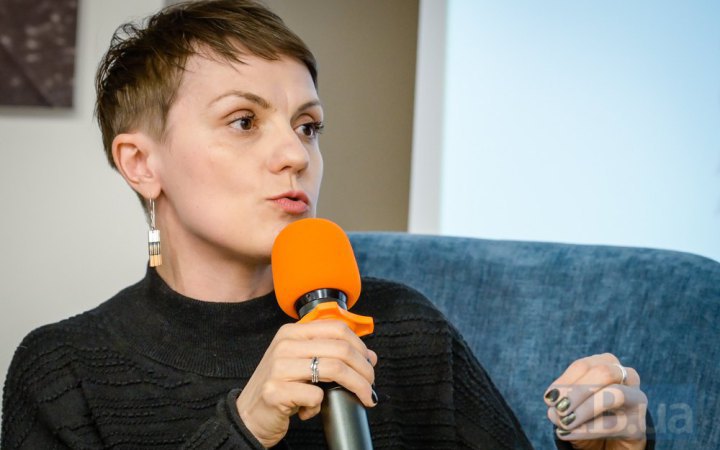
Why Argentina?
The Prosecutor General's Office has already recorded 130,000 crimes committed by Russians against Ukrainians, notes Nataliya Humenyuk. There may not be as many convictions, and in many places there will be insufficient evidence to punish. This means that there will never be complete justice, but we must strive for it. Every crime and every case is important, which is why her project The Reckoning Project collects the victims' testimonies, and why the case of the appeal to the Argentine court is so illustrative.
"We filed a lawsuit in the Federal Court of Argentina because, firstly, this country has the relevant legislation. Secondly, thanks to the junta trials (the largest trial after Nuremberg), it has experience in investigating crimes of not just torture, but torture by electric shock," says Nataliya Humenyuk.
In addition, Argentina is respected in international justice, has participated in various initiatives, and the first prosecutor of the International Criminal Court was an Argentine prosecutor.
Why this lawsuit is important
This case allows us to show Russians that they will be caught anywhere, says the founder of The Reckoning Project.
"More than 90 countries now have visa-free travel with Russia. In Latin America, they feel quite free. And the fact that something like this can happen on the territory they consider theirs is important because they don't know who the charges are against yet," the journalist notes.
This case, she adds, is also important for Argentina, which can help in its own way, without, for example, having financial resources.

"We talked to lawyers, and they say that this is a good example for countries like Argentina to show that they can do something. Because they honestly say: we won't give you weapons, we don't have any money ourselves, but we can do something - use us where we can," explains Nataliya Humenyuk.
In addition, such a lawsuit is important for the male plaintiff.
"He does not expect a quick response. But it was important for him to show that he did not stop, that he was not silenced, that he was ready to speak, which may inspire others. And, to be honest, his main experience was not even the fact of filing a case. He talked to victims in Argentina who had been tortured in the past. And he said that they gave him a lot of answers and an understanding that you can't win alone, you have to unite," the journalist says.
In addition, such an example shows the world that impunity is not normal, and that there must be responsibility for a crime.
"My last lecture was in Mexico. I realised that there are 133,000 missing persons there. It was very difficult for me to appeal to the audience with the figure of 130,000 victims of war crimes in Ukraine. But they said that "you are inspiring us by your example, by this case". "We are used to violence and impunity, we are used to something happening here and no one doing anything, that it has become normal. We are showing that these are not tragedies or accidents, they are crimes. If there is a crime, there must be responsibility. This moves you from the status of a victim to a person who is fighting for their rights. Then you are perceived in a completely different way - as a person with dignity who inspires, not someone who is just pitied. That's why I think there are so many ways to fight for justice. Everyone matters, and this is a topic around which the world can unite," emphasises Nataliya Humenyuk.
How it helps the state
The case that has not yet been investigated in Ukraine was specifically chosen for the lawsuit in Argentina, says the founder of The Reckoning Project, so that there would be additional benefits.
"We are saying that Russia is trying to overburden us with crimes, to drown us in this number, so we need the help of other countries. We may be able to investigate the case, but we lack resources and time, so the main thing is to open the case. There is a certain procedure, but a joint investigation would be a global precedent. For example, within the framework of universal jurisdiction," notes Nataliya Humenyuk.
If there is no case, they do not open proceedings - another crime is likely, a crime of denial. When they say that it never happened, no one filed a lawsuit, the journalist says. It is important for people to tell their story and record it. Even if it doesn't result in actual punishment.
"While the war is on, it is important to think about justice as a preventive mechanism. The more verdicts against specific generals, admirals and others, the more chances there are that they will not go unpunished. And no one wants to be the uncle, father, grandfather or grandson of a war criminal. That is why I always insist that this is necessary for prevention.
And when the president of Mexico decides whether to invite the Russian military to the independence parade, he will understand that this is an army of criminals. That's why all this matters," the journalist said.









